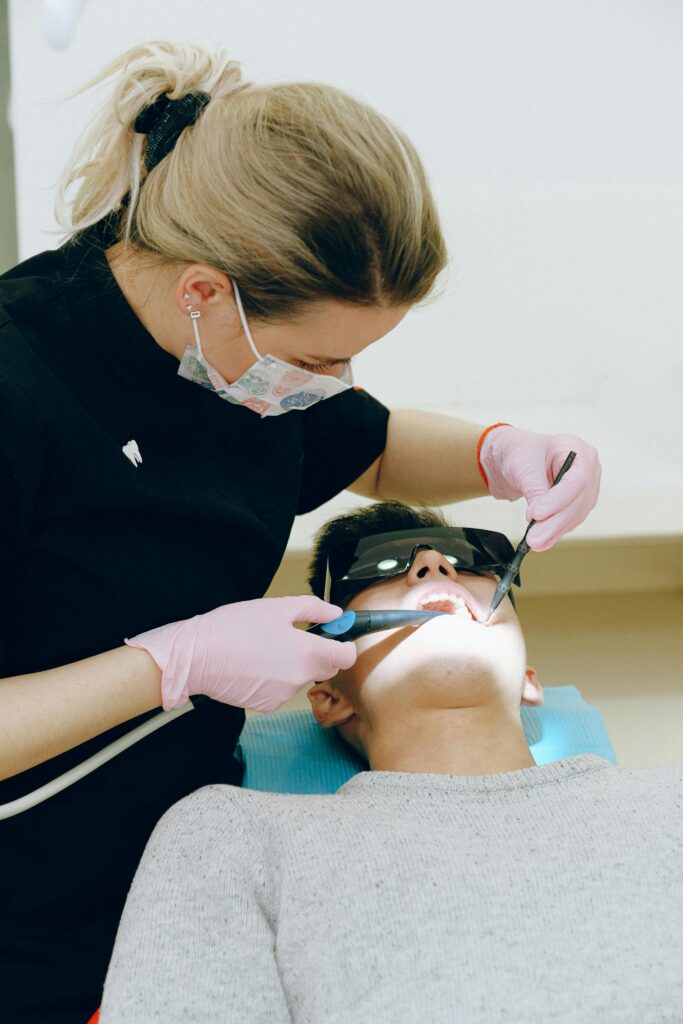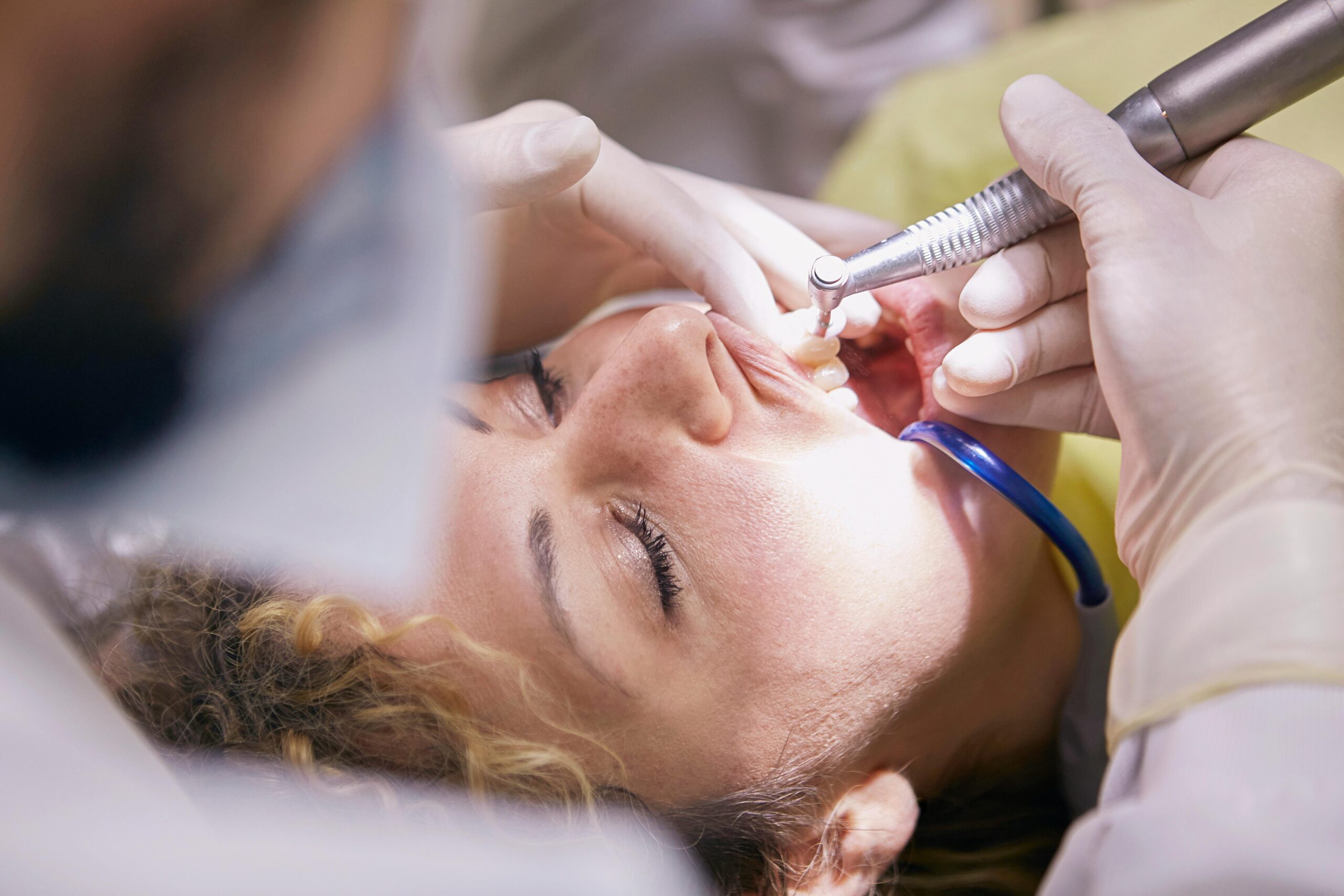Dental care is essential for maintaining oral health and preventing issues such as cavities, gum disease, and tooth loss. It involves regular brushing and flossing, along with professional cleanings and check-ups by a dentist. Good dental hygiene practices not only keep teeth and gums healthy but also contribute to overall well-being by preventing infections and other complications. Regular dental visits allow for early detection and treatment of problems, ensuring a bright smile and optimal oral health throughout life.
 0
0Types of Dental Care
1. Preventive Care
- Routine Cleanings: Professional teeth cleaning to remove plaque and tartar.
- Fluoride Treatments: Application of fluoride to strengthen teeth and prevent decay.
- Sealants: Protective coatings applied to the chewing surfaces of back teeth to prevent cavities.
- Oral Hygiene Education: Guidance on proper brushing and flossing techniques.
2. Restorative Care
- Fillings: Repairing cavities with materials like amalgam, composite resin, or porcelain.
- Crowns: Caps placed over damaged teeth to restore their shape, size, and function.
- Bridges: False teeth used to fill gaps left by missing teeth.
- Implants: Artificial tooth roots placed into the jawbone to support replacement teeth.
3. Orthodontic Care
- Braces: Devices used to correct misaligned teeth and jaws.
- Aligners: Clear, removable trays that gradually move teeth into proper position.
- Retainers: Appliances worn after braces to maintain teeth alignment.
4. Periodontal Care
- Scaling and Root Planning: Deep cleaning procedures to treat gum disease.
- Gum Surgery: Surgical treatments for severe gum disease, including flap surgery and grafting.
5. Cosmetic Care
- Teeth Whitening: Procedures to lighten the color of teeth and remove stains.
- Veneers: Thin shells of porcelain or composite resin bonded to the front of teeth to improve appearance.
- Bonding: Applying tooth-colored resin to repair chips, cracks, or gaps.
6. Endodontic Care
- Root Canal Therapy: Treatment to remove infected or damaged pulp from inside a tooth.
- Apicoectomy: Surgical removal of the tip of a tooth’s root to treat persistent infection.
Costing of Dental Care
1. Preventive Care
The cost of preventive dental care varies based on location, services, and insurance. Without insurance, routine cleanings typically range from $75 to $200 per visit, fluoride treatments cost $20 to $50, sealants are $30 to $60 per tooth, oral exams range from $50 to $150, and X-rays can cost $25 to $250.
2. Restorative Care
Restorative dental care addresses issues such as cavities, damaged teeth, and tooth loss, with costs varying widely based on the complexity of the procedure and the materials used. Fillings typically cost between $100 to $300 per tooth, while crowns can range from $500 to $2,500 each.
3. Orthodontic Care
Orthodontic care, which includes treatments to correct misaligned teeth and jaws, can be quite costly. Traditional metal braces typically cost between $3,000 to $7,000, while ceramic braces range from $4,000 to $8,000
4. Periodontal Care
Periodontal care focuses on the prevention and treatment of gum disease, with costs varying based on the severity of the condition. Basic treatments like scaling and root planing, a deep cleaning procedure, typically range from $200 to $300 per quadrant of the mouth.
5. Cosmetic Care
6. Endodontic Care
Endodontic care involves treating the inside of the tooth, primarily focusing on root canal therapy and related procedures. The cost of a root canal typically ranges from $700 to $1,500 per tooth.
Benefits of Dental Care
Dental care offers numerous benefits, crucial for maintaining overall health and well-being. Regular dental visits and good oral hygiene practices help prevent cavities, gum disease, and tooth loss, ensuring a healthy, attractive smile. Proper dental care also reduces the risk of infections and complications that can affect other parts of the body, such as heart disease and diabetes. Additionally, maintaining oral health can improve self-esteem and confidence, as well as save money in the long run by avoiding costly restorative treatments. Overall, dental care is essential for preserving both oral and general health throughout life.


